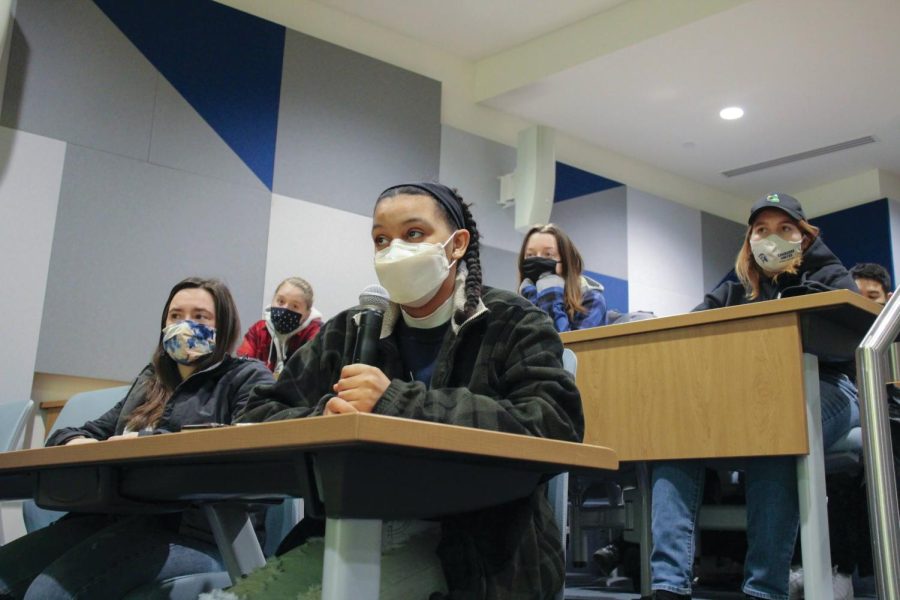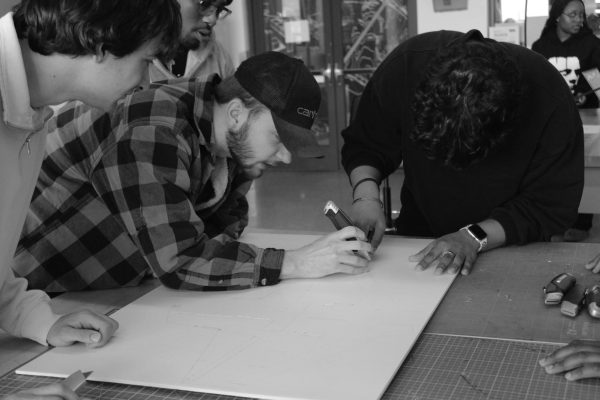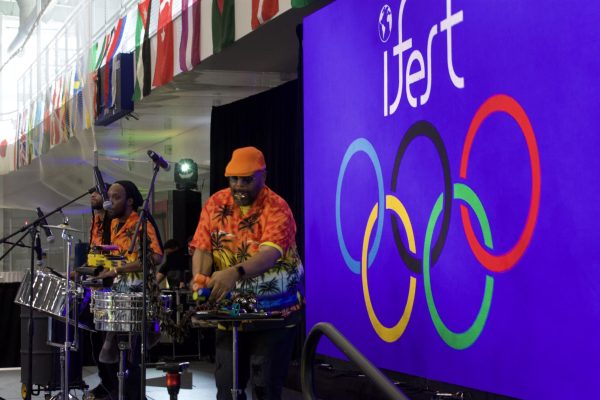USGA and Myatt Center host Performative Activism open forum
Photo courtesy of Kayla Mutchler.
Hailey Perez speaks at the open forum inside of Bergami 307, West Haven, Feb. 24, 2022.
On Feb. 24, the Undergraduate Student Government Association (USGA) and the Myatt Center for Diversity and Inclusion hosted an open forum to facilitate discussions about performative activism. Danielle Cooper, a criminal justice professor at the university and director of research at the Tow Youth Justice Institute, helped guide these discussions with the audience. She asked questions regarding what it means to engage in performative activism, determining what constitutes performative behavior and understanding the problematic nature of performative activism as a whole.
Cooper explained the struggles of balancing her own boundaries in the realm of her professional status in contrast to her ability to engage in meaningful activism in her personal life. “What I do in public is heavily scrutinized… Because I do care about kids in the criminal justice system and I cannot do my job if I can’t work with them.”
Adrielys Gomez, a behavioral economics major, spoke up about what performative activism means to her as a Muslim woman at the university. “Do we care about another human being because they practice the same religion as us, or because we have a commonality with them?”
Gomez emphasized the importance of recognizing these distinctions, and being careful about what we choose to voice our opinions on.
Aiden Schwab, sophomore forensic science major, spoke up on his presence as someone trying to spread awareness from outside of the impacted demographic. He highlighted a point that was returned to throughout the night, saying, “If you are speaking on an issue that is not yours, it can be very hurtful.”
A large category of the night’s discussion was centered around instances of performative activism on social media platforms. In regards to his own activity surrounding human rights issues online, Schwab said that he tends to lean towards “Retweeting instead of speaking on my own on these issues… I’m not actually adding to the conversation but I’m sharing the conversation.”
Schwab also spoke on the harms surrounding mass reposts on social media, saying that this activity “Buries the actual information” and “turns off the voices that need to be heard.”
In questioning whether this activity was performative, he said it is better to do something rather than nothing.
Liv Night, a junior majoring in computer science, spoke out on how they found that much of the activity on the university campus is performative. They said how notices sent from administration are addressed to “a mostly white audience,” and how emails are often sent out without intent for action to stand behind them.
They opened up about the lack of support that they felt from the school, and how cultural organizations and the Myatt Center are found to be “understaffed, under supported and under funded.”
Night also spoke about the importance of humility when engaging with performative activism online. “There’s always going to be someone that knows more than you about something.”
The conversation then transitioned to issues present in campus life that have gone unaddressed this year, including racial slurs written across the doors of Westside Hall and bananas left outside of rooms in Winchester Hall.
Cooper said she recognizes that more conversations like this need to be held at the university, and she hopes diverse groups of people will start to show up, not just the same faces each time.
Cooper also said she enjoyed seeing people at the event. “To just see people come, really move into the ‘I’ statements, share so many diverse perspectives, I think it was really empowering about what our community can take.”
“The ideal would be that this event is too big to have in this room when we have a student population of 5,000,” Cooper said.
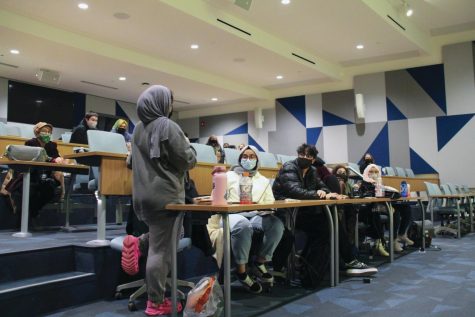
Gomez explained how the event came to be. In a meeting the USGA had with Dean of Students Ophelie Rowe Allen, they discussed creating spaces for conversations to be more proactive rather than reactive.
“I feel like I saw a lot of different faces today, and people were able to speak up that I never heard from before,” Gomez said. “So, it was definitely a different perspective.”
Gomez said that topics of the future forums have not been announced yet, as they will pick them about one to two weeks in advance to maintain relevance.
For those seeking to engage in further discussion with the university community, additional sessions of this open forum series are set to take place on the last Thursday in both March and April, in Bergami Center Auditorium room 307 at 8 p.m.
“These conversations may happen on final Thursdays [of the month], but they can happen at any point in time, and they can continue and they can grow,” Cooper said.
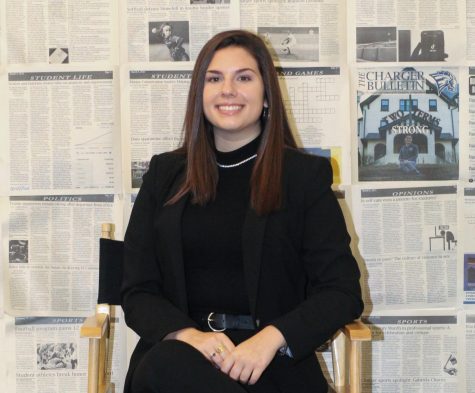
Kayla Mutchler is a senior studying communication double concentrating in journalism and digital media. She joined The Charger Bulletin as a staff writer...
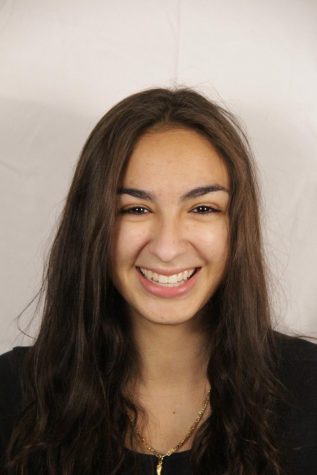
Mia Adduci is a senior studying communication concentrating in multi-platform journalism and media who began writing for the paper her first semester on...
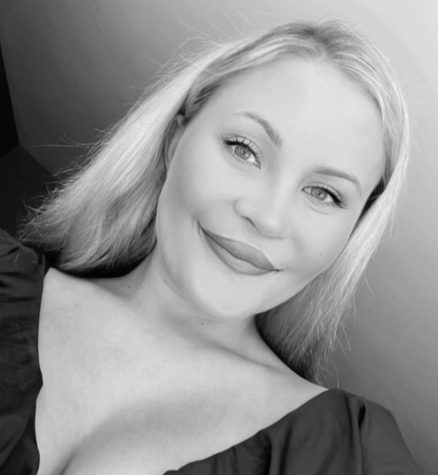
Saige Batza (she/her) is a sophomore psychology major with a concentration in community and society. She looks forward to another year of hard work for...



